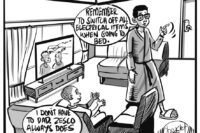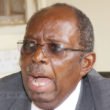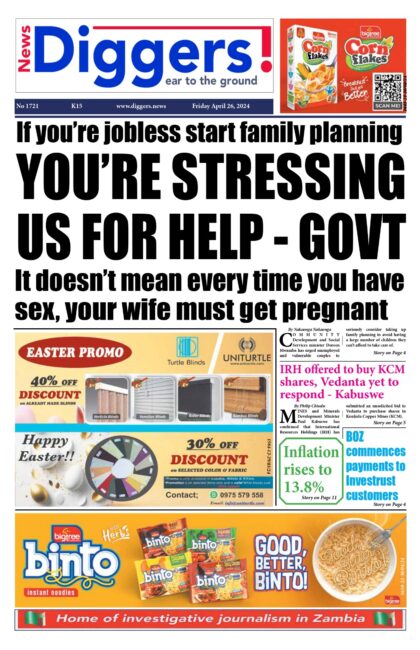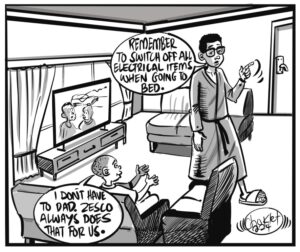Financial analyst Mambo Hamaundu says as long as commitment toward implementation of the Economic Recovery Plan (ERP), there is very little that can be done to strengthen the Kwacha against the major convertibles.
In an interview, Tuesday, Hamaundu said the ERP was unlikely to stop the kwacha depreciation.
“If you had said by 2022, it would have been a different answer. The economic fundamentals continue to suggest that we will have a weakening currency because of just the structure of our economy and our level of indebtedness. The Economic Recovery Plan is not something new. Many of the things contained in there are actually uplifted from the Seventh National Development Plan. So, the question indeed is why haven’t we seen an improvement in economic performance following the unveiling of the plan. The answer is very simple, you can have a plan, but if you are not executing your plan, it will remain a plan. So, I am actually saying that as much as there is an Economic Recovery Plan, minus action. It will just be mere talk,” he said.
“The Kwacha might continue losing strength, people might continue losing their jobs, the economy might continue getting worse for as long as the aspects around the plan are not addressed. When the Minister of Finance was sworn in, amongst the issues he said he would address was dismantling domestic arrears. How much of that has been done? And in the plan its also in there. That’s why I am saying commitment to a plan. We cannot today dismantle K2 and create the same arrears two months later. The biggest problem has always been the level of indebtedness.”
He urged government to have a reality check in order to understand how they can contain the economic malaise.
“We borrowed money and we have not seen the benefits, the benefits alone, if we were to see that, it would help. Which means we have made wrong investments. So, therefore, if we have to look at solutions, government has to accept that we have made wrong investments, accept to say we owe so much billion in terms of external debt, accept to say that we are overspending on some unnecessary trips and so on. Its realism at the end of the day, we cannot afford to have 20 ministers, lets reduce the number of ministers. People might say the number of ministers is insignificant, but what it does is that it sends a message that government is willing to rationalise expenditure,” said Hamaundu.












